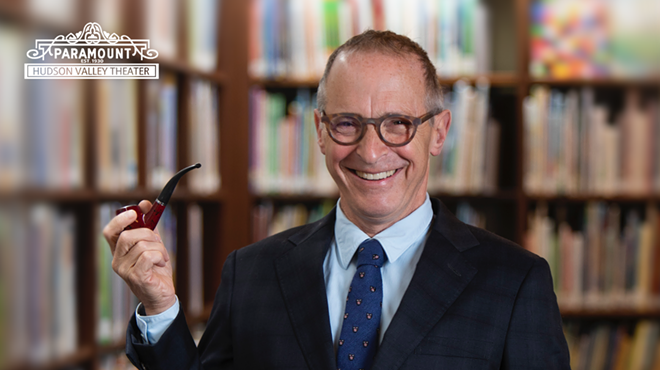BRIDGE OVER TROUBLED WATER
Almost as soon as a collapsing bridge forced the government of President Hugo Chávez Frías to shut down the only highway linking Venezuela’s main airport and capital city of Caracas in January 2006, the recriminations began. Chávez’s opponents accused him of wasting the country’s oil bonanza on politically driven projects abroad while neglecting infrastructure at home. His supporters, in turn, charged the traditional elite that governed before him with squandering resources and ignoring fundamental needs for decades. In fact, both sets of charges were nearly identical. And both were right. Venezuela’s leaders, Chávez as well as his predecessors, have long been guilty of misplaced priorities. While a new bridge has since been erected, they all share the responsibility for failing to maintain what is arguably the most important stretch of road in Venezuela, Latin America’s most polarized society.
Just before Chávez took office in February 1999, Gabriel García Márquez accompanied him on a flight to Caracas from Havana, Cuba, where the Venezuelan president-elect had visited with Fidel Castro. “I was overwhelmed by the feeling that I had just been traveling and chatting pleasantly with two opposing men,” the Colombian Nobel laureate later wrote. “One to whom the caprices of fate had given an opportunity to save his country. The other, an illusionist, who could pass into the history books as just another despot.” Nearly nine years later, these “two opposing men” live on in the minds of Chávez’s supporters and opponents.
To his most ardent backers in Venezuela and among the international left, Chávez is a hero driven by humanitarian impulses to redress social injustice and inequality—problems long neglected by a traditional political class intent on protecting its own position while denying the masses their rightful share of wealth
and meaningful political participation. He is bravely fighting for Latin American solidarity and standing up to the overbearing United States. With charisma and oil dollars, he is seizing an opportunity to correct the power and wealth imbalances that have long defined Venezuelan and hemispheric affairs.
To his opponents—the embattled domestic opposition and many in Washington—Chávez is a power-hungry dictator who disregards the rule of law and the democratic process. He is on a catastrophic course of extending state control over the economy, militarizing politics, eliminating dissent, cozying up to rogue regimes, and carrying out wrongheaded social programs that will set Venezuela back. He is an authoritarian whose vision and policies have no redeeming qualities, and a formidable menace to his own people, his Latin American neighbors, and US interests.
These caricatures have defined the poles of a debate that has obscured the reality of the Chávez phenomenon—and thwarted the development of a sound response to him. Chávez’s appeal cannot be explained without acknowledging the deep dissatisfaction with the existing political and economic order felt by much of the population in Venezuela and throughout much of the rest of Latin America, the world’s most unequal region. Chávez’s claims that he could remedy Venezuelans’ legitimate grievances won him the support of many in the region.
But Chávez’s policy ideas are mostly dubious. Despite the record oil profits that are funding social spending, his initiatives have yielded only very modest gains. His autocratic and megalomaniacal tendencies have undermined governance and the democratic process in Venezuela. Still, his seductive political project has offered a measure of hope to many, and his critics have proved chronically inept: Every effort to challenge him, both domestically and internationally, has failed, and usually ended up making him stronger in the process. Chávez’s opponents in Venezuela and abroad have spent much time and effort condemning the model he claims to represent, but far too little time and effort putting forward a model of their own. Until they do, Chávez will likely continue to have the upper hand.
ALÓ, PRESIDENTE
Venezuela was ripe for major change when Chávez was elected president in 1998. For 40 years, an alliance of two parties—Democratic Action and the Christian Democratic Party—had dominated the political order. By the 1970s, both were rightly considered guilty of chronic corruption and mismanagement; the exclusionary political system they managed was wholly divorced from the central concerns of most Venezuelans. The fact of ample oil wealth (Venezuela is the world’s sixth largest exporter) only deepened the population’s rage.
During the 1980s and 1990s, no South American country deteriorated more than Venezuela. Its GDP fell some 40 percent. In February 1992, with unrest already widespread, Chávez, a lieutenant colonel and former paratrooper, led a military coup against the government. Although the coup failed and Chávez spent the next two years in prison, his bold defiance catapulted him onto the national political stage and launched his career.













